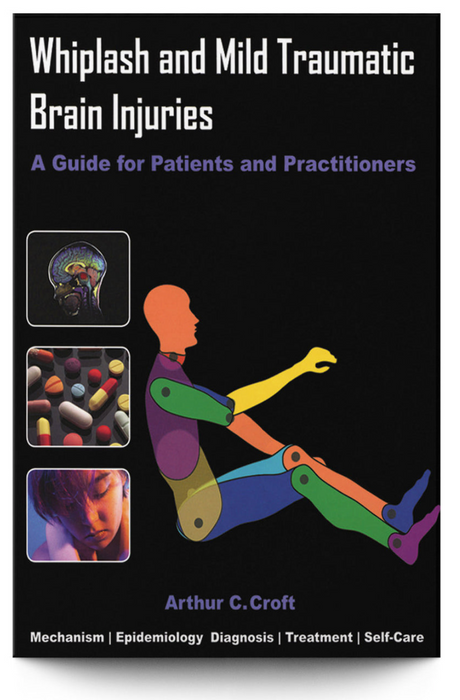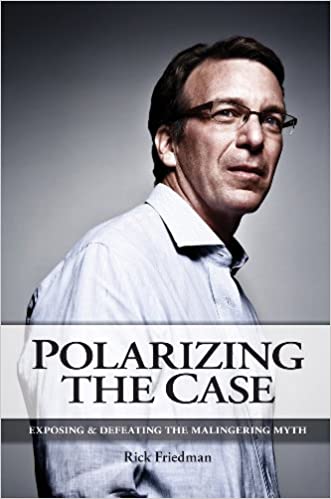
Should you settle or try your "minor impact" cases?
Minor Impact Soft Tissue (MIST) cases can be some of the most difficult cases to prove and win. We all know what whiplash is, but can you explain it? Can...
Free Shipping on Orders Over $200

Minor Impact Soft Tissue (MIST) cases can be some of the most difficult cases to prove and win. We all know what whiplash is, but can you explain it? Can...

The International Brian Injury Association recently released an article by brain injury attorney Dorothy Clay Sims, entitled "An Autopsy on the Fake Bad Scale." Consider reading the article if you...

Regardless of whether you handle mild, moderate or catastrophic injury cases, insurers frequently call your client a malingerer, or claim they have a type of somatoform disorder. Polarizing the Case...

If you have ever faced a trial where your client was called a malingerer, or their complaints deemed psychosomatic, non-organic, or a conversion disorder, you know these insinuations can lead...